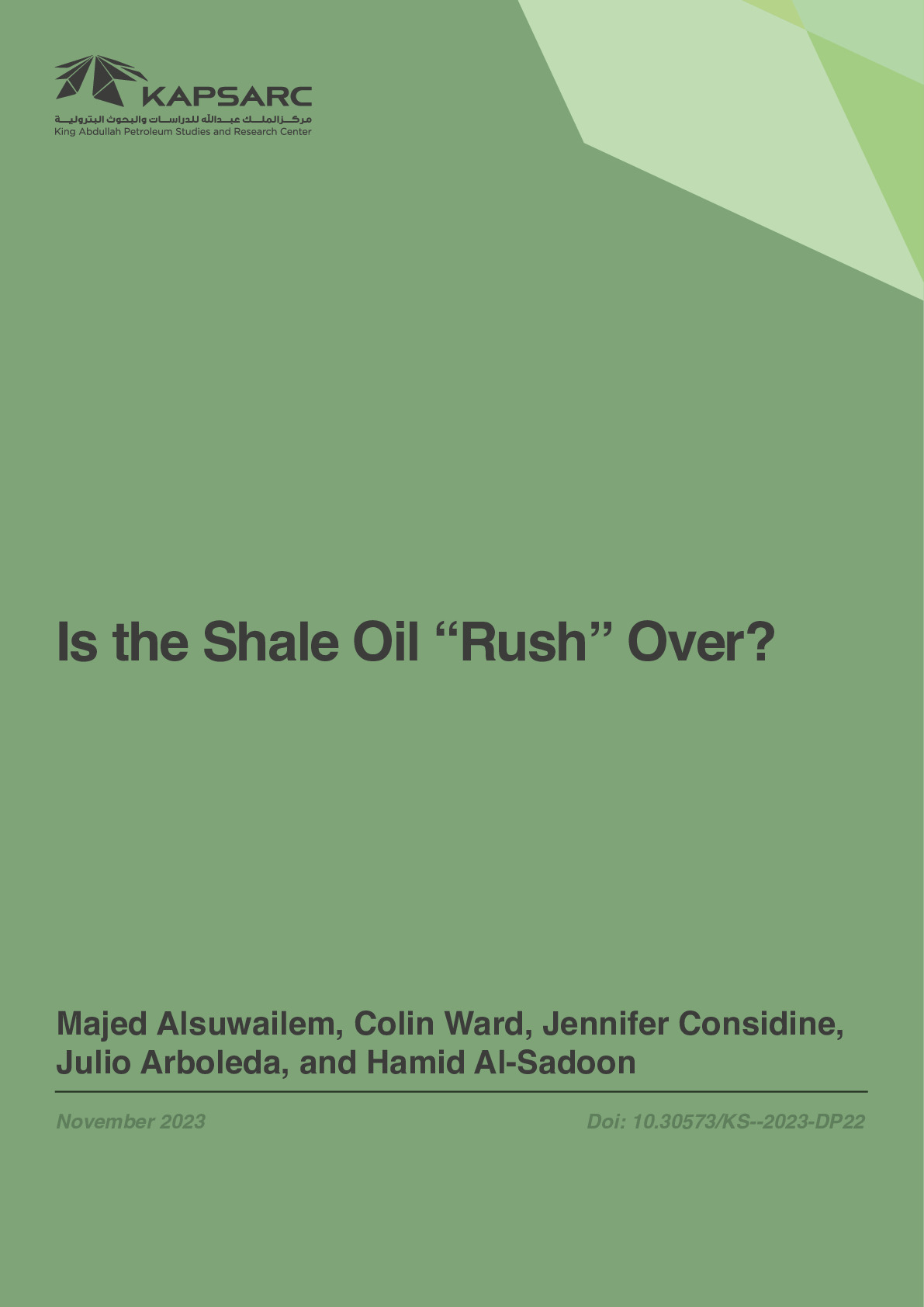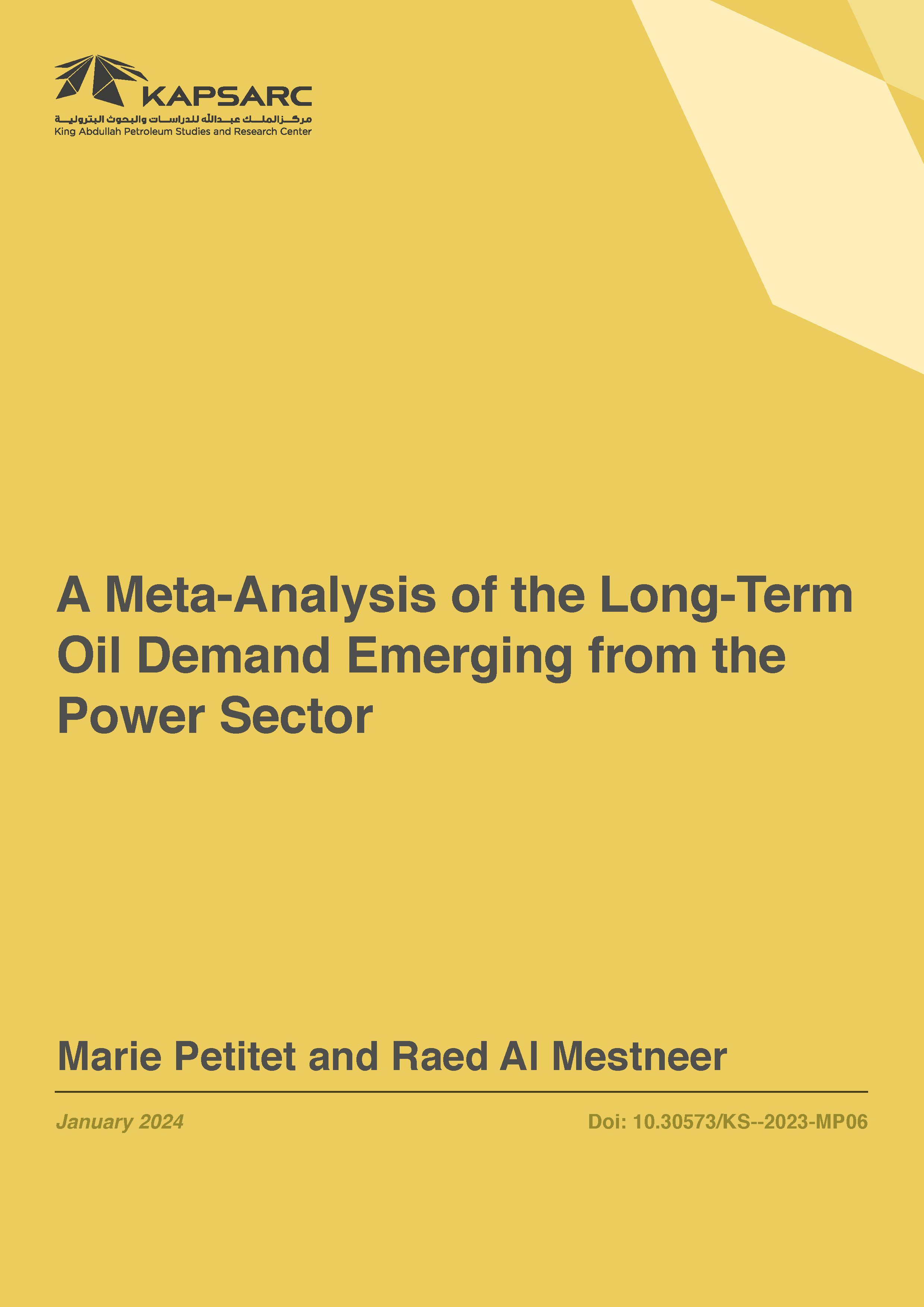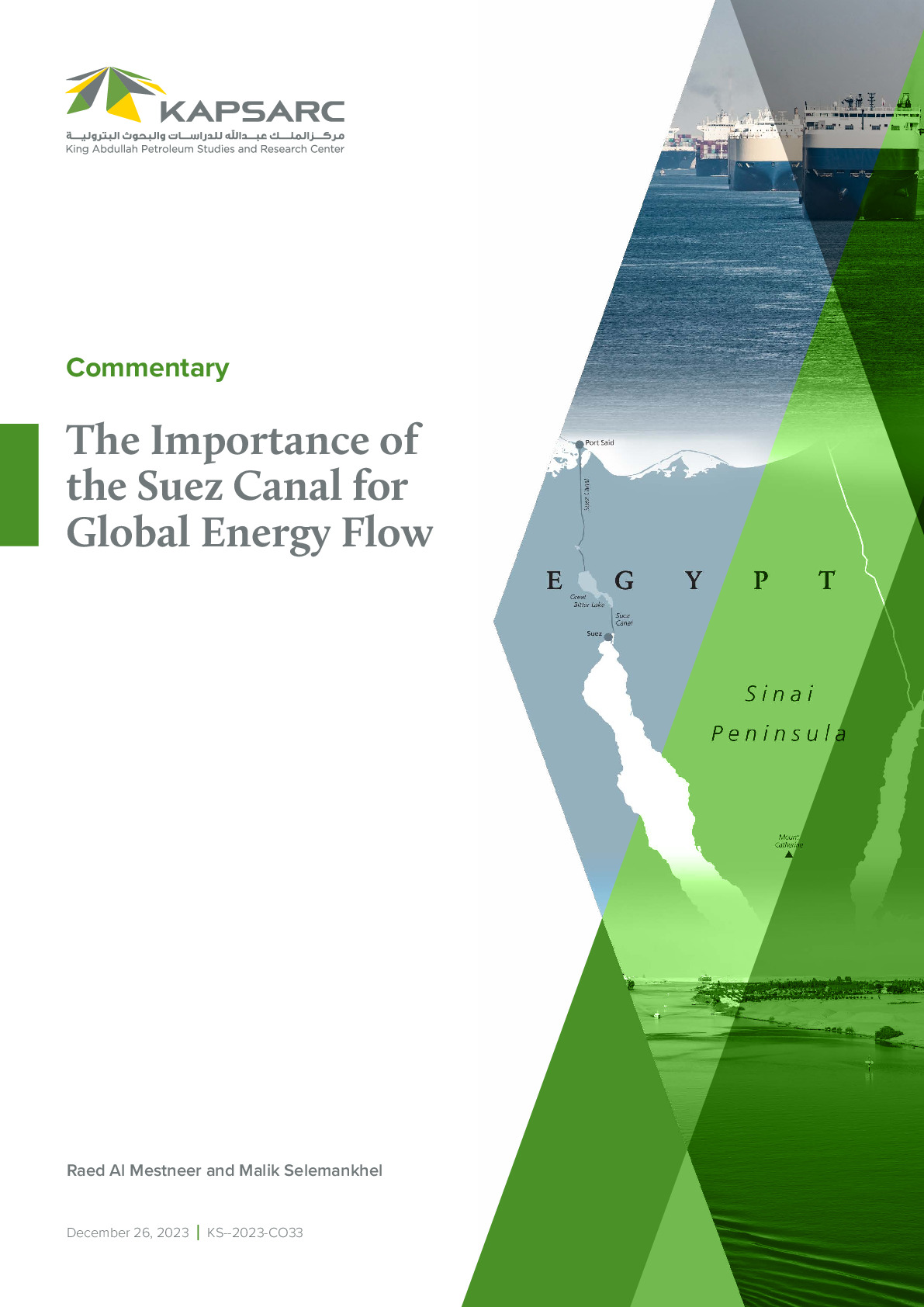January 1, 2020 marks the enforcement of the International Maritime Organization’s (IMO) rule on limiting sulfur emissions from ships (IMO 2020). The rule mandates ships to reduce the sulfur content in their fuels to 0.5% from the current 3.5%. This suggests that ship owners and operators need to replace about 3 million barrels per day (MMb/d) of heavy fuel oil (HFO) with high sulfur content – known as high sulfur fuel oil (HSFO).

Research Fellow
Rami Shabaneh is a fellow in the Oil and Gas program, with a focus on global gas and hydrogen markets.…
Rami Shabaneh is a fellow in the Oil and Gas program, with a focus on global gas and hydrogen markets. Rami has nearly 15 years of research and industry experience analyzing energy markets and energy policy. Before joining KAPSARC, Rami worked at Cenovus Energy as a market fundamentals analyst, providing analytic support on specific issues affecting North American gas, natural gas liquids and condensate markets. His work informed the company’s hedging strategies. Before working at Cenovus Energy, Rami spent three years as a research economist at the Canadian Energy Research Institute. He holds a B.Sc. in actuarial science and an M.Sc. in sustainable energy development from the University of Calgary.
Expertise
- Natural Gas and Hydrogen
Publications See all Rami Shabaneh’s publications
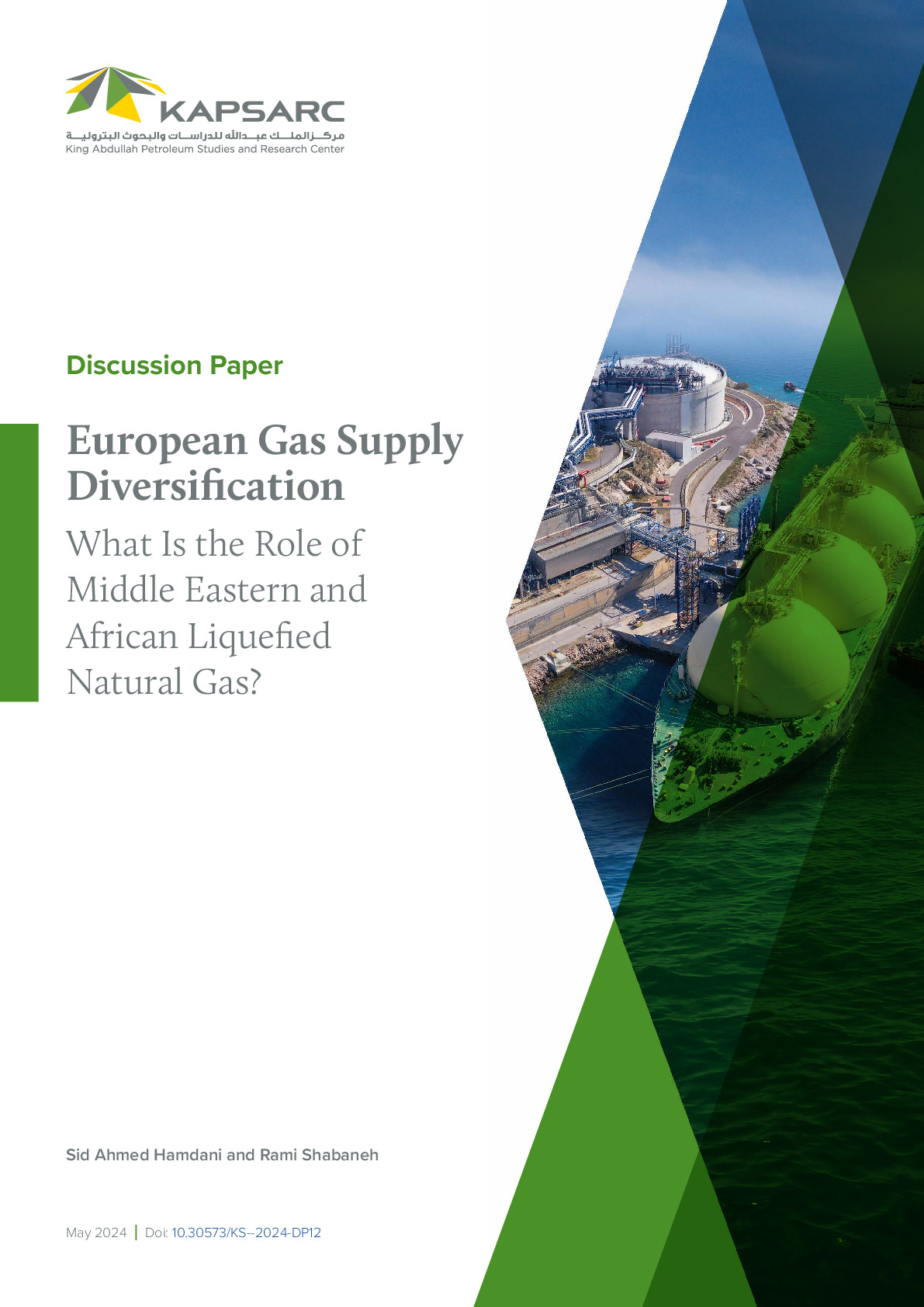
European Gas Supply Diversification: What Is the Role of Middle Eastern and African Liquefied Natural Gas?
January 1, 2020 marks the enforcement of the International Maritime Organization’s (IMO) rule on limiting…
23rd May 2024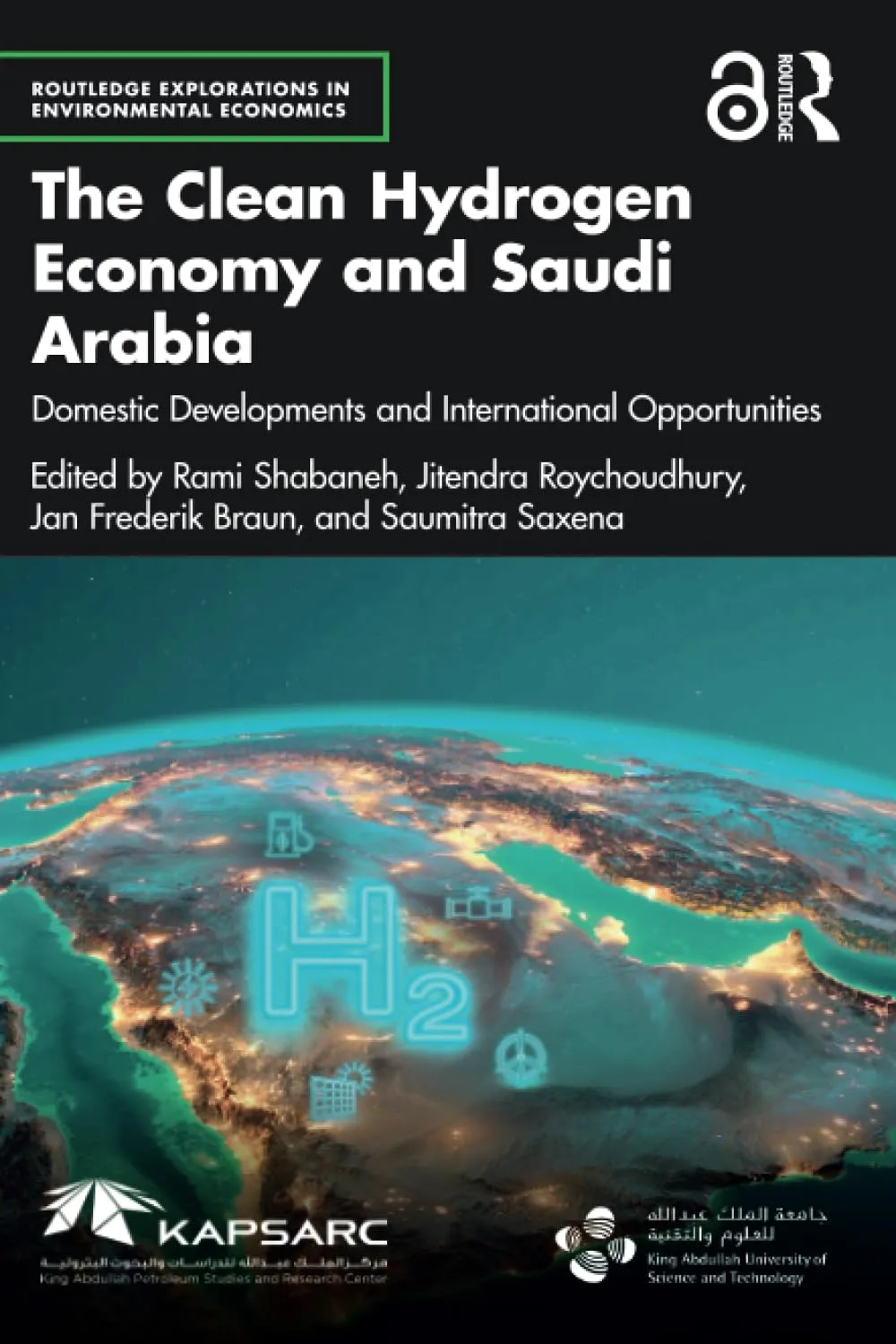
The Clean Hydrogen Economy and Saudi Arabia
January 1, 2020 marks the enforcement of the International Maritime Organization’s (IMO) rule on limiting…
18th April 2024

